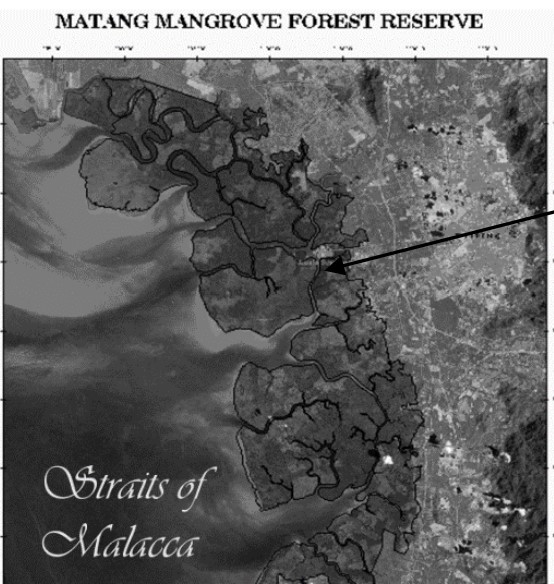Productivity and Cost Analysis of Forest Harvesting Operation in Matang Mangrove Forest, Perak, Malaysia
Versions
- 2017-04-27 (2)
- 2017-04-27 (1)

Additional Files
Alongi, D. M. (2008). Mangrove forests: resilience, protection from tsunamis, and responses to global climate change. Estuarine, Coastal and Shelf Science, 76(1), 1-13.
Borges, A. V., Djenidi, S., Lacroix, G., Théate, J., Delille, B., & Frankignoulle, M. (2003). Atmospheric CO2 flux from mangrove surrounding waters. Geophysical Research Letters, 30(11).
Currie, R.M. & Faraday, J.E., 1989. Work Study. Pitman Publishing, London, UK, pp. 47-48.
FAO, (1992). Cost Control in Forest Harvesting and Road Construction. ISBN 92-5-103161-4. Publication Division, FAO, Rome, Italy.
Goessens, A., et al., (2014). Is Matang Mangrove Forest Sustainably Rejuvenating after More than a Century of Conservation and Harvesting Management?. Journal of Plos One. http://dx.doi.org/10.1371/journal.pone.0105069.
Kluender, R., Lortz, D., McCoy, W., Stokes, B., & Klepac, J. (1997). Productivity of rubber-tired skidders in southern pine forests. Forest Products Journal, 47(11/12), 53.
Naghdi, R., RAFATNIA, N., Sobhani, H., Jalali, G., & Hosseini, M. (2005). A survey of the efficiency of Timberjack C450 wheeled skidder in Shafaroud forests in Guilan province.
Nurminen, T., Korpunen, H., & Uusitalo, J. (2006). Time consumption analysis of the mechanized cut-to-length harvesting system. Silva Fennica, 40(2), 335.
Norizah, K., Hasmadi, M. I., Kamaruzaman, J. (2012). Operational efficiency of rimbaka timber harvester in hilly tropical forest. Journal of Tropical Forest Science. Vol 24(3), 368-378.
Silversides, C. R., & Sundberg, B. (2013). Operational Efficiency in Forestry: Vol. 2: Practice (Vol. 32). Springer Science & Business Media.
Wang, J., Long, C., & McNeel, J. (2004). Production and cost analysis of a feller-buncher and grapple skidder in central Appalachian hardwood forests. Forest products journal, 54(12), 159.
WWF (World Wide Fund). (2013). Mangrove Forest. Retrieved from http://www.wwf.org.my/. in September 8, 2015.
Copyright (c) 2019 Forest and Society

This work is licensed under a Creative Commons Attribution 4.0 International License.
This is an open access journal which means that all contents is freely available without charge to the user or his/her institution. Users are allowed to read, download, copy, distribute, print, search, or link to the full texts of the articles in this journal without asking prior permission from the publisher or the author. This is in accordance with the BOAI definition of open access.
Submission of an article implies that the work described has not been published previously (except in the form of an abstract or as part of a published lecture or academic thesis), that it is not under consideration for publication elsewhere, that its publication is approved by all authors and tacitly or explicitly by the responsible authorities where the work was carried out, and that, if accepted, will not be published elsewhere in the same form, in English or in any other language, without the written consent of the Publisher. An article based on a section from a completed graduate dissertation may be published in Forest and Society, but only if this is allowed by author's(s') university rules. The Editors reserve the right to edit or otherwise alter all contributions, but authors will receive proofs for approval before publication.
Forest and Society operates a CC-BY 4.0 © license for journal papers. Copyright remains with the author, but Forest and Society is licensed to publish the paper, and the author agrees to make the article available with the CC-BY 4.0 license. Reproduction as another journal article in whole or in part would be plagiarism. Forest and Society reserves all rights except those granted in this copyright notice

